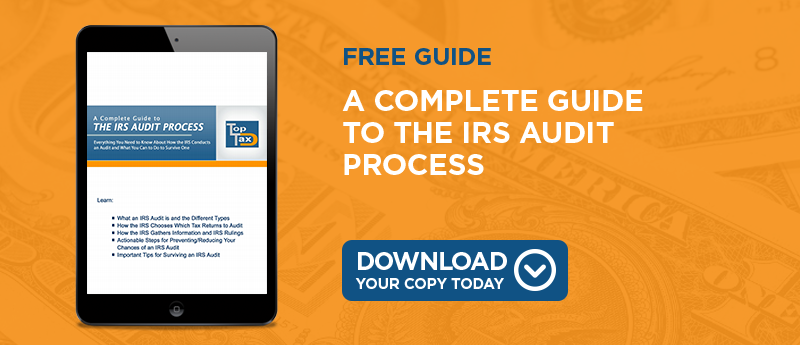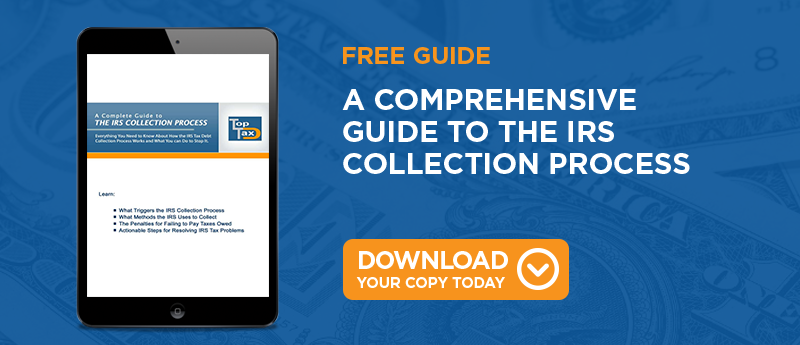An IRS bank levy is the worst nightmare of many U.S. taxpayers. This action gives the IRS unprecedented access to your personal bank account, putting your very financial security at risk. Even worse, once the levy is imposed, it can be extremely difficult to get it removed. Despite these challenges, though, it is possible to remove an IRS bank levy.

What is an IRS Bank Levy?
An IRS bank levy is essentially a legal claim that the agency places on your bank assets. Once the levy is imposed, the IRS has access to freeze all of your bank accounts until the levy is lifted. Not only does the levy give the IRS the power to freeze your assets, it also gives the agency the authority to seize your money. Generally, you have a maximum of three weeks from the date the levy is enforced before the IRS takes all of your cash out of the bank.
Why You Should Take Action Right Away
Naturally, you would want to keep the IRS from taking your money. The only bright spot in this situation is that you have a little time before the levy is enforced in which you can take action to avoid the levy. The IRS is legally required to inform you well in advance before imposing a bank levy. If you are seriously delinquent on your income taxes, you'll receive several written notices about your account before the agency considers enforcing a levy.
Eventually, you'll receive a "Final Notice of Intent to Levy" in the mail. Once you get this form, you usually have about 30 days before the levy takes effect. If you set up an installment plan or if you pay off your account right away, you can prevent the levy.
How to Remove an IRS Bank Levy
What if you're unable to prevent the levy from happening? You can write the IRS and plead that the levy be removed because it is causing you extreme financial difficulty. If you choose this option, you will have to provide documentation of your financial situation. You can also get the IRS bank levy removed by setting up an installment plan right then. These plans are easy to set up and they are usually affordable, allowing you to pay off your debt in small chunks instead of a lump sum.
To answer the question, yes, you can get rid of an IRS bank levy. In most cases, though, it's best to prevent the levy in the first place by settling your back taxes as quickly as possible.
*Image courtesy of freedigitalphotos.net



